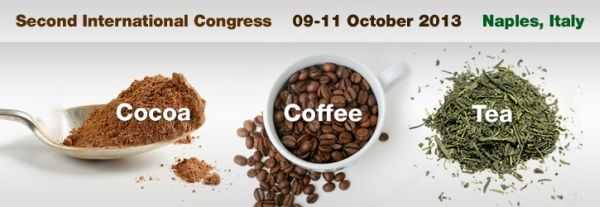Prosegue la pubblicazione degli atti del convegno Cocotea che si è svolto all’Universtià Federico II di Napoli.
by Veronika Somoza and Annett Riedel
Institute of Nutritional and Physiological Chemistry, University of Vienna, Austria
Epidemiological studies provide evidence that moderate coffee consumption is associated with a lower incidence of metabolic syndrome.
Obesity is one of the major risk factors of metabolic syndrome which is becoming more common due to a rise in obesity rates among adults.
Since it is possible to prevent or delay metabolic syndrome by maintaining a healthy body weight, there is growing interest in foods that may help to control energy intake and/or mimic energy expenditure by, e.g., inducing mechanisms of satiety or thermogenesis.
Coffee, when consumed in moderate amounts of 3 – 4 cups per day, has been demonstrated to decrease the daily energy intake and to stimulate mechanisms of satiety in healthy volunteers, and to induce mechanisms of thermogenesis in cells in culture.
Current research is focused on the identification of coffee components that act on these mechanisms, such as caffeine and chlorogenic acids.














